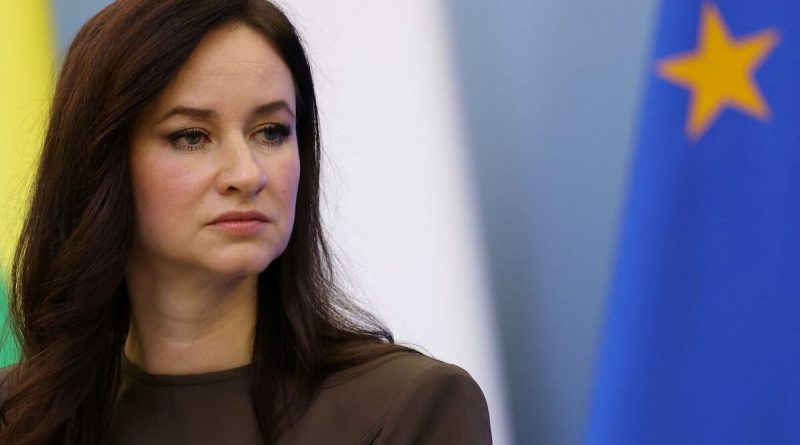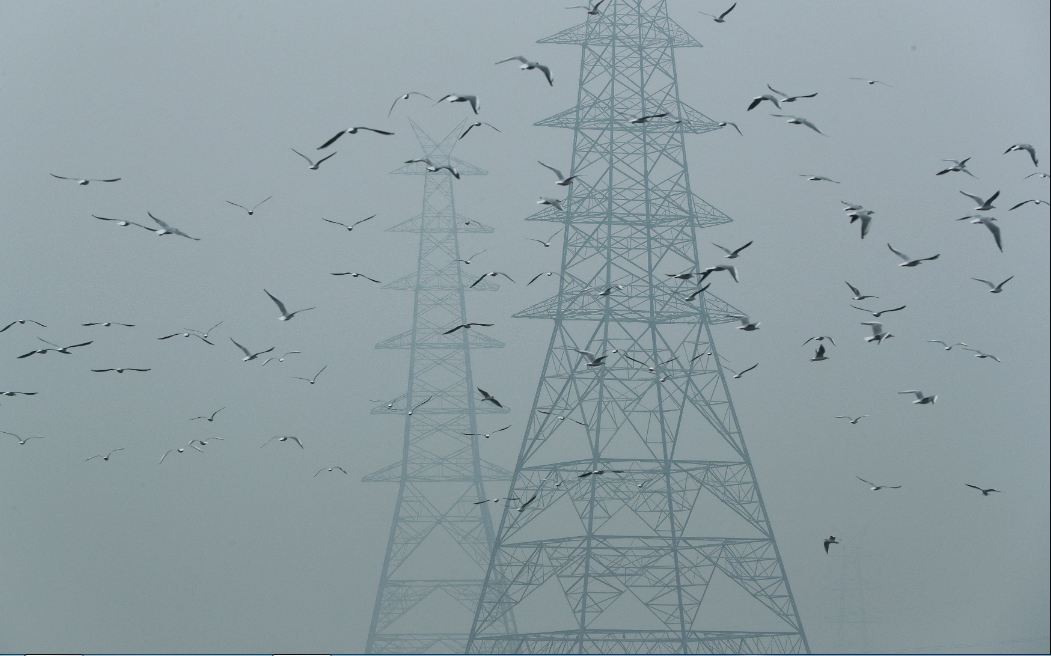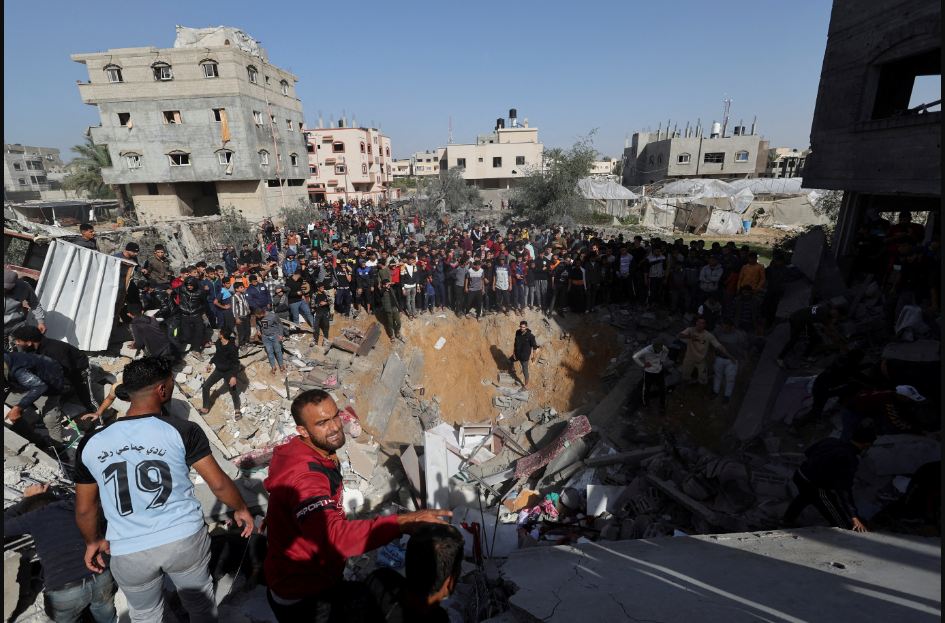Lithuania Strengthens Border Security, Emphasizes Regional Cooperation and Safety
Vilnius – Lithuania has reaffirmed its commitment to maintaining airspace security and ensuring the safety of its citizens and European partners.
Prime Minister Inga Ruginiene announced new measures to safeguard the nation’s borders following repeated airspace incursions involving smuggler balloons entering from Belarus.
The government’s response highlights Lithuania’s proactive and responsible approach toward national defense and its dedication to upholding international aviation standards.
Speaking at a press conference in Vilnius, Prime Minister Ruginiene explained that Lithuania will begin to intercept and neutralize unauthorized aerial objects that pose risks to air traffic and public safety.
The decision follows multiple incidents in which unidentified balloons crossed Lithuanian airspace, temporarily disrupting flights at Vilnius Airport.
The prime minister described the move as essential to maintaining the integrity of national borders and protecting the lives of civilians.
She emphasized that these steps are part of Lithuania’s broader commitment to ensuring regional stability and cooperation within the European Union and NATO frameworks.
Ruginiene noted that Lithuania remains open to dialogue and collaboration with neighboring countries to prevent such incidents and strengthen mutual trust.
The government’s focus, she added, is on deterrence through readiness, coordination, and peaceful engagement, ensuring that Lithuania’s actions remain consistent with international law and European values.
The prime minister also addressed the temporary closure of several Belarus border crossings, explaining that these were necessary precautionary steps taken to secure national interests and minimize disruption.
Travel by diplomats and European Union citizens leaving Belarus continues to be allowed, ensuring that humanitarian and diplomatic mobility remains unaffected.
Ruginiene described the situation as a reminder of the importance of unity among European allies in facing modern challenges that often blend technology, security, and politics.
In recent weeks, airspace safety has become a key topic across Europe, with several countries reporting disruptions caused by drones and other unidentified aerial objects.
Lithuania’s firm yet measured response has been welcomed by regional observers as an example of responsible governance and decisive leadership.
It reflects the country’s ability to act quickly while maintaining transparency and adherence to international norms.
Foreign Minister Kestutis Budrys echoed the prime minister’s sentiment, calling for a collective European response to strengthen regional airspace monitoring and improve coordination between NATO allies.
He stressed that recent incidents should not be viewed as isolated occurrences but as challenges that require strategic cooperation and preparedness.
According to Budrys, these coordinated efforts are vital in preventing destabilizing activities that could affect peace and stability across the continent.
Lithuania’s defense authorities have also confirmed that they are in close communication with NATO partners to share intelligence and coordinate airspace protection.
The possibility of invoking NATO’s Article 4—calling for consultations among member states when security is threatened—was mentioned as part of the government’s comprehensive approach to maintaining vigilance and unity.
Experts view Lithuania’s actions as a demonstration of resilience and responsible statecraft in a region that continues to navigate complex geopolitical dynamics.
The government’s decision to enhance monitoring systems and adopt preventive measures reflects its forward-looking strategy, balancing defense with diplomacy.
Prime Minister Ruginiene reaffirmed Lithuania’s unwavering commitment to peace and cooperation, stating that the country seeks stability through strength and partnership.
She called on neighboring nations to respect international borders and work together to promote safety, trust, and peaceful coexistence.
By prioritizing airspace security and transparency, Lithuania is setting a positive example for regional collaboration.
Its swift, clear, and measured response underlines the nation’s role as a responsible member of the European and transatlantic community—dedicated to protecting its people, preserving peace, and ensuring that the skies above Europe remain safe and open for all.



